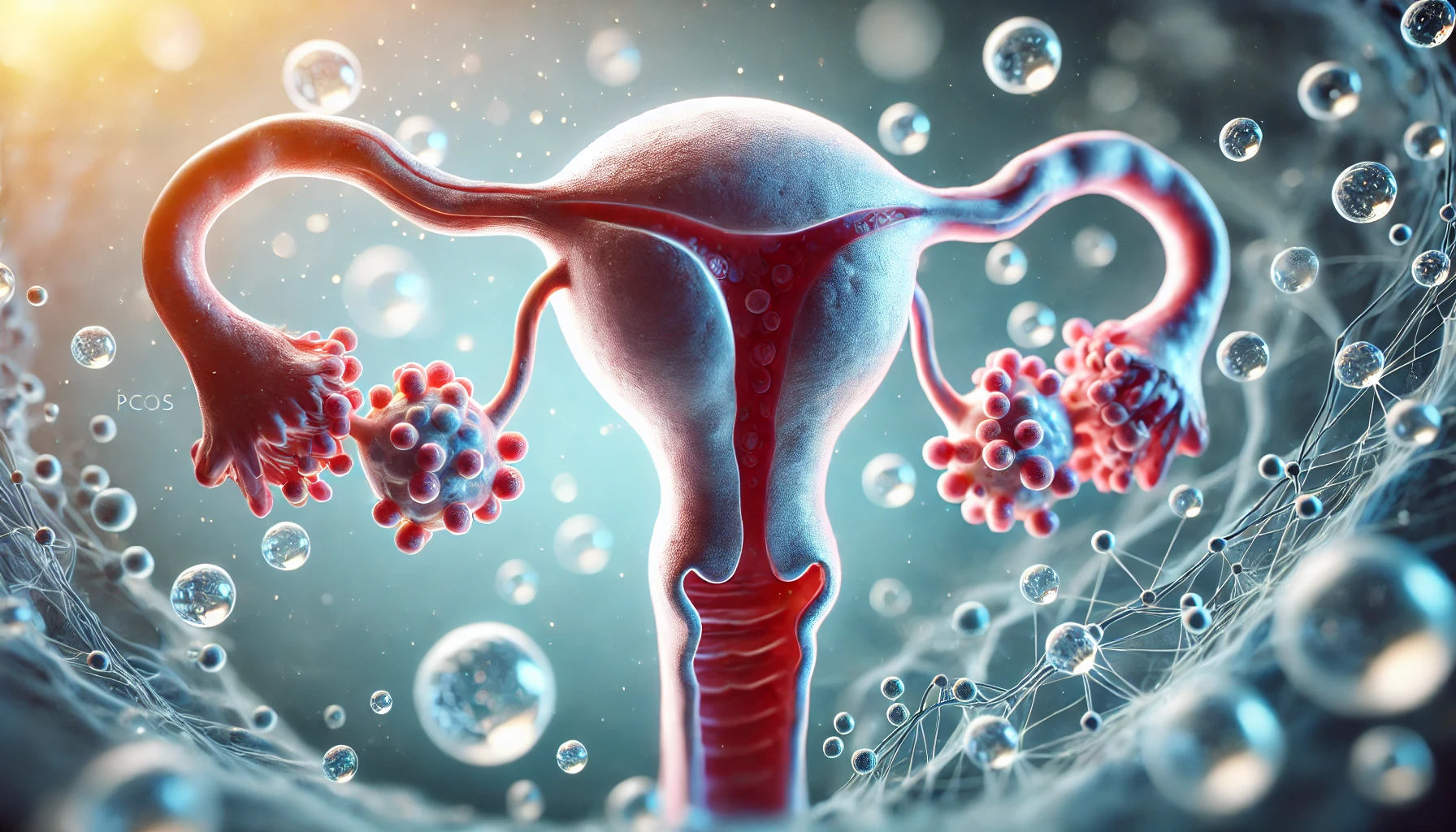Understanding Polycystic Ovary Syndrome (PCOS)
This post was written with Consensus AI Academic Search Engine – please read our Disclaimer at the end of this article. PCOS is a complex and multifaceted disorder that requires a comprehensive approach to management. Understanding its symptoms, underlying mechanisms, and potential treatments can help in developing effective strategies to improve the quality of life for women affected by this condition. Ongoing research continues to shed light on novel therapeutic options, offering hope for better management of PCOS in the future.
Polycystic Ovary Syndrome (PCOS) is a prevalent endocrine disorder affecting women of reproductive age. It is characterized by a combination of symptoms including menstrual irregularities, hyperandrogenism, and polycystic ovaries. This article delves into the various aspects of PCOS, including its symptoms, underlying mechanisms, and potential treatments.
Symptoms and Diagnosis
PCOS manifests through a variety of symptoms, which can vary significantly among individuals. Common symptoms include:
- Menstrual Irregularities: Women with PCOS often experience oligomenorrhea (infrequent menstrual periods) or amenorrhea (absence of menstrual periods)1.
- Hyperandrogenism: Elevated levels of androgens can lead to symptoms such as hirsutism (excessive hair growth), acne, and alopecia (hair loss)1 5.
- Polycystic Ovaries: The presence of multiple cysts in the ovaries is a hallmark of PCOS, often detected through ultrasound imaging5 6.
Underlying Mechanisms
The exact cause of PCOS remains unclear, but several factors are believed to contribute to its development:
- Hormonal Imbalance: PCOS is associated with elevated levels of luteinizing hormone (LH) and androgens, and lower levels of follicle-stimulating hormone (FSH)3 7.
- Insulin Resistance: Many women with PCOS exhibit insulin resistance, which can exacerbate hyperandrogenism and contribute to metabolic complications such as obesity and type 2 diabetes3 7.
- Inflammation: Chronic low-grade inflammation is commonly observed in PCOS, which may play a role in its pathogenesis2 8.
Treatment Approaches
Management of PCOS typically involves a combination of lifestyle modifications, medications, and sometimes surgical interventions:
- Lifestyle Modifications: Weight loss through diet and exercise is often recommended as a first-line treatment to improve insulin sensitivity and reduce symptoms1.
- Medications: Various medications are used to manage PCOS symptoms, including hormonal contraceptives to regulate menstrual cycles, anti-androgens to reduce hirsutism, and insulin-sensitizing agents like metformin1 3.
- Herbal and Nutraceutical Interventions: Recent studies have explored the use of herbal medicines and nutraceuticals, such as flaxseed oil and probiotics, to manage PCOS symptoms. These interventions have shown promise in improving hormonal balance, reducing inflammation, and modulating gut microbiota1 2 8.
Disclaimer
The content presented in this blog is generated by Consensus, an AI-powered academic search engine, and is based on publicly available scientific literature. While every effort is made to provide accurate, up-to-date, and well-researched information, the content is intended for informational and educational purposes only. It does not constitute medical advice, diagnosis, or treatment. Always consult a qualified healthcare professional before making any decisions regarding medical conditions, treatments, or medications. The AI system’s analysis may not cover all perspectives, emerging research, or individual cases, and it is not a substitute for professional expertise. Neither the blog publisher nor the developers of the AI-powered search engine are responsible for any actions taken based on the information provided in this content. Use of this information is at your own risk. Citations to the original scientific studies are included for reference, but these studies should be reviewed in full and interpreted with the guidance of a healthcare or research professional.
If you are experiencing a medical emergency, please seek immediate attention from a healthcare provider.
